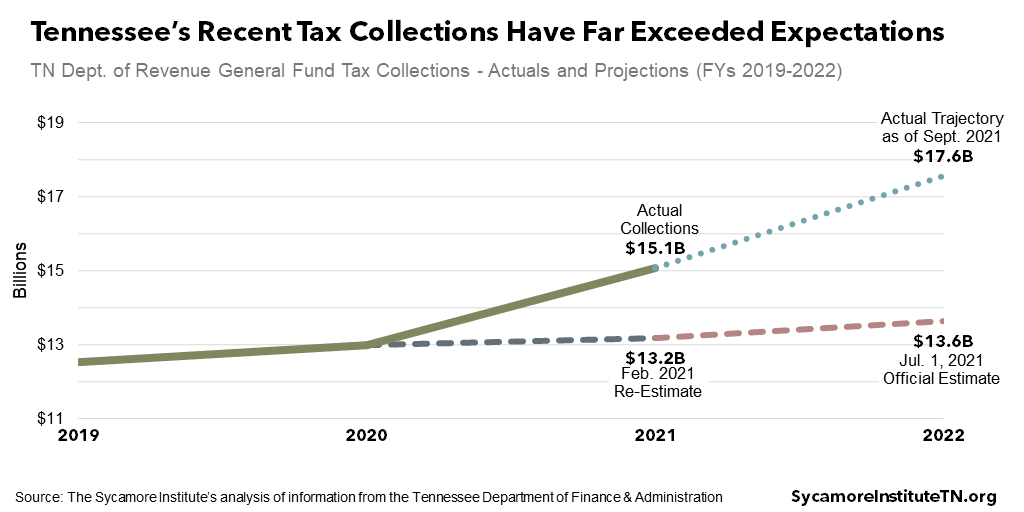The Nashville Public Education Foundation (NPEF) has been closely following Gov. Bill Lee’s proposed reform of the state’s school funding formula. Following the State of the State, NPEF has some questions about how Lee’s proposal will impact Nashville. Here are some highlights:
| Will there be bi-partisan, transparent legislation that guides leaders across our state? Or will decisions be delegated to the Tennessee Department of Education or State Board of Education? If a detailed law is not codified by the Tennessee General Assembly, how can we ensure that future changes to the formula are transparent and not made arbitrarily? |
It’s possible Lee could ask the legislature to codify broad parameters for funding reform and leave the details to the rulemaking process. That could mean the public is not fully included in a transparent process.
| Given Nashville’s considerably higher cost of living and the state’s low minimum requirement for teacher salaries, we already pay a much higher average teacher salary than the state requires. Because of this disparity, it’s unclear how Nashville teachers would benefit from any increase. |
| Governor Lee has given a nod to this challenge in his comments: “Historically, funds put into the salary pool don’t always make it to deserving teachers, and when we say teachers are getting a raise, there should be no bureaucratic workaround to prevent that. So in our updated funding formula, we will ensure that a teacher raise is a teacher raise.” (The Tennessean)Will these new teacher salary dollars simply raise an already low minimum state salary scale? If so, Nashville’s teachers will likely not see a substantial increase. |
It’s worth noting here that the reason a “raise is not a raise” is because the state drastically underfunds the number of teachers needed to fully staff schools. This means state salary pool dollars must stretch to cover needed positions and less money is left for raises. Unless Lee’s new formula adds between 7000-10,000 new teachers, any increase in teacher salary money will come up short when (or if) it hits paychecks.

For more on education politics and policy in Tennessee, follow @TNEdReport
Your support – $5 or more – makes publishing education news possible.








